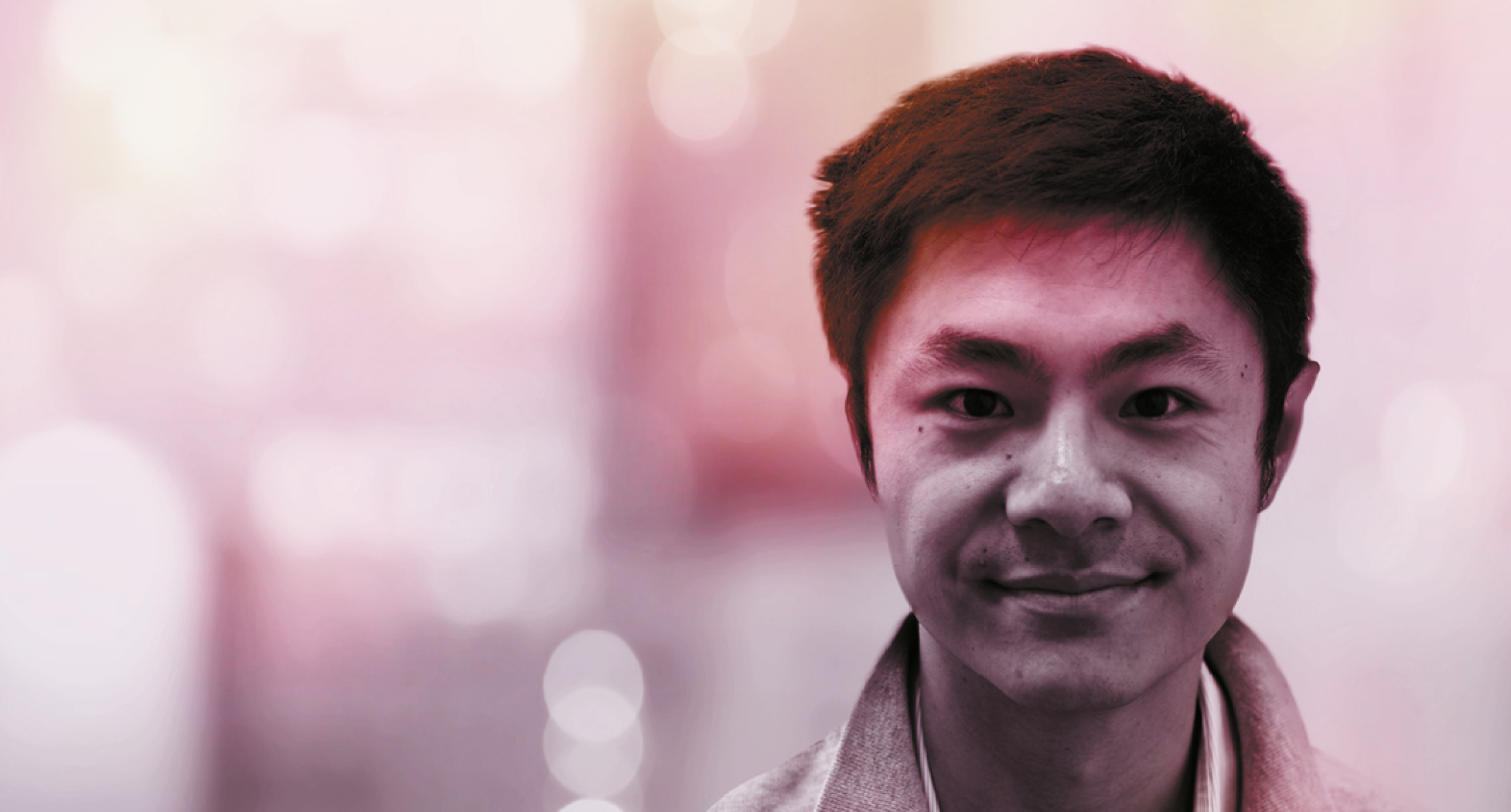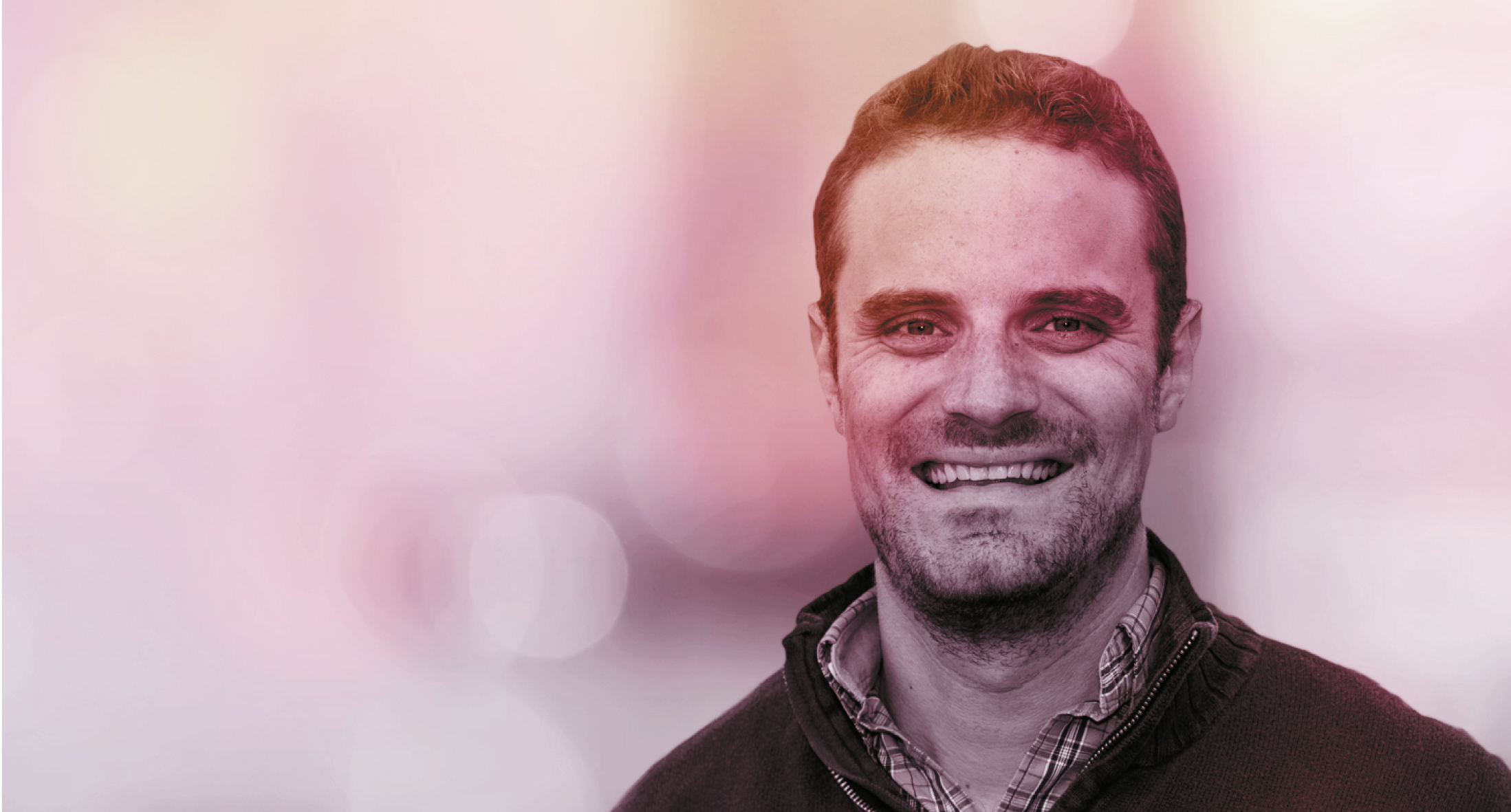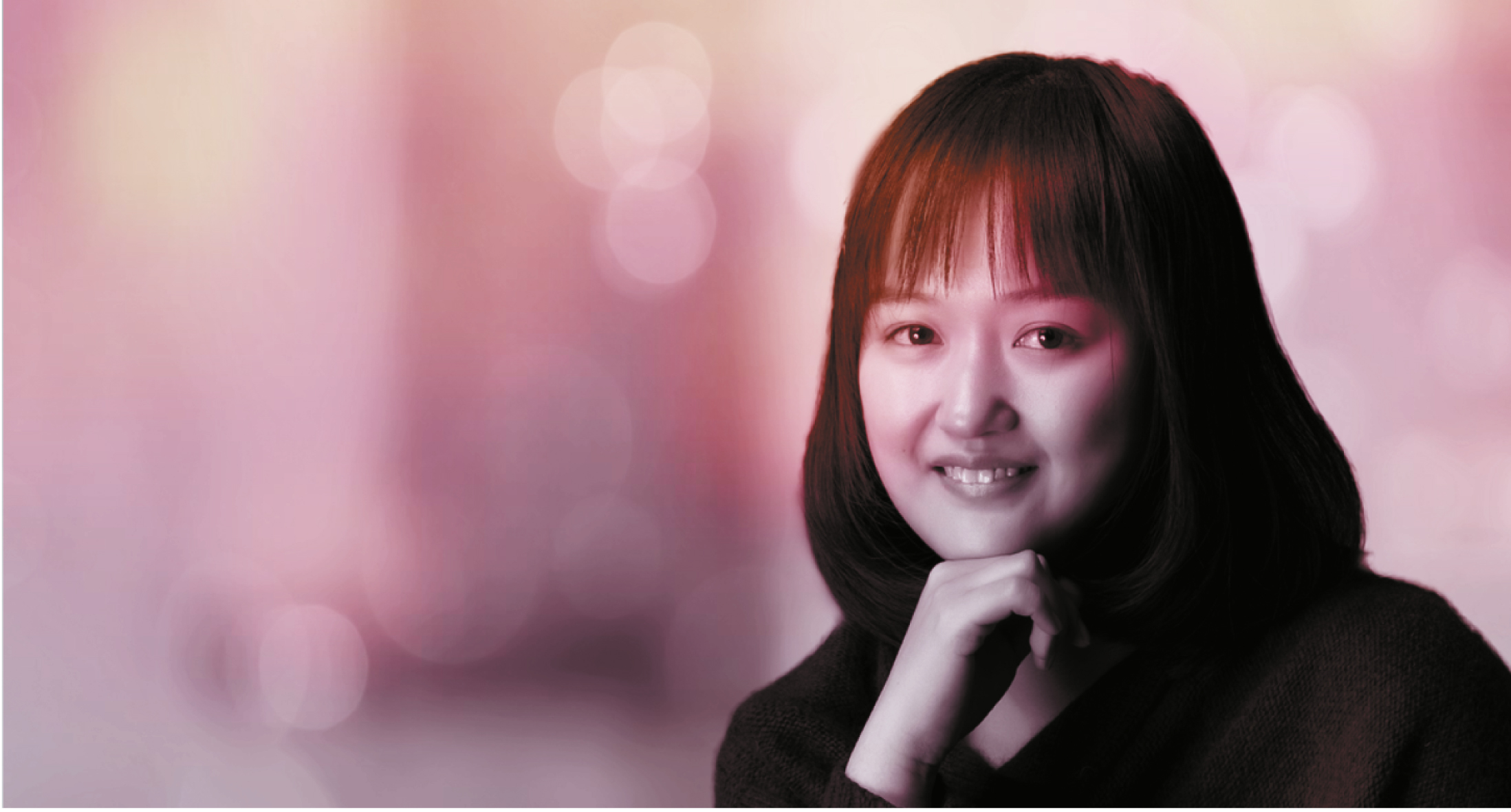Winners of the Science & SciLifeLab Prize for Young Scientists 2018
The winners of Science & SciLifeLab Prize for Young Scientists are officially announced! The four young researchers are all performing outstanding research early in their careers within the fields of translational medicine, genomics and proteomics, ecology and environment and cell and molecular biology.
The researchers will visit Sweden in December to receive their awards, meet some of the leaders in their fields and present their work at the scientific symposium on December 12. Until then, make sure to:
Reserve your spot
Don’t miss the chance to meet the winners in person and hear them present their prize-winning research – sign up for the symposium today!
Read about their research
Make sure to catch up on the winning work by reading the winners’ essays on Science magazine’s website.
Hear their stories
Would you like to know more about the young researchers scientific journeys and current work? Then go ahead and tune in to our podcast to hear all four winners share their stories!
For more information on the prize and awardees, don’t miss the press release from AAAS/Science, and from SciLifeLab in Swedish.
Meet the 2018 winners:

Christoph A. Thaiss (Grand Prize Winner)
Category: Translational Medicine
From: Frankfurt, Germany
Title of essay: Microbiome dynamics in obesity
Christoph Thaiss studied Molecular Biomedicine, Microbiology, and Immunology at the University of Bonn, Germany, Yale University, USA, and ETH Zurich, Switzerland. After a short-term fellowship at the Broad Institute of MIT and Harvard, he performed his graduate studies at the Immunology Department of the Weizmann Institute of Science in Israel. During his doctoral research, he focused on the role of the intestinal microbiome in metabolic and inflammatory diseases. After completion of his PhD, Christoph became an Assistant Professor at the Microbiology Department of the Perelman School of Medicine at the University of Pennsylvania. His research group studies the mechanisms of environmental impacts on human disease. Outside of the lab, he enjoys spending time with his family, rowing, as well as composing and performing music.

Tim Wang
Category: Genomics and Proteomics
Title of essay: Paring down to the essentials
Tim Wang received a bachelor’s degree in bioengineering from the University of California, Berkeley, and a Ph.D. in biology from the Massachusetts Institute of Technology. During his graduate studies, Tim pioneered the development of a novel method for conducting genome-wide genetic screens in human cells using the CRISPR/Cas9 system. He is currently investigating the structural and functional organization of neocortical circuits as a Helen Hay Whitney postdoctoral fellow at the Janelia Research Campus in the laboratory of Karel Svoboda.

Matthew Savoca
Category: Ecology and Environment
From: New York, USA
Title of essay: The ecology of an olfactory trap
Growing up in New York City, Matthew became fascinated with the natural world, spurred on by an interest in birds. He had the opportunity to foster that passion as an undergraduate while working at the Cornell Lab of Ornithology. His interest in marine conservation grew while completing a PhD in Ecology at the University of California, Davis. For his doctoral research, Matthew worked at the intersection of animal behavior, sensory processing, and analytical chemistry, to assess why marine animals confuse plastic for prey. Currently, Matthew is a postdoctoral researcher at the Hopkins Marine Station of Stanford University. He is studying baleen whale physiology, behavior, and their possible interactions with microplastics. In his free time, Matthew enjoys hiking, photography, DJing, and spending time with his wife Rachel and their dog Marley.

Ruixue Wan
Category: Cell and Molecular Biology
From: Zhengzhou, Henan Province, China
Title of essay: A key component of gene expression revealed
Ruixue Wan earned her bachelor degree majoring in Marine Sciences in Sun Yat-sen University, Guangzhou, China. She completed her Ph.D. thesis research in Tsinghua University, studying the molecular mechanism of pre-mRNA splicing through structural investigations of the spliceosome. Ruixue Wan nurtures a profound interest to the world in cells and strongly believe that she as a researcher through basic scientific research will help develop therapeutics to human diseases. Ruixue also loves running and hopes to soon be able to take part in a marathon. Currently, Ruixue Wan is at the Beijing Advanced Innovation Center for Structural Biology, School of Medicine, Tsinghua University.
About the prize
The Science & SciLifeLab Prize for Young Scientists is a global prize, established in 2013, aimed at rewarding outstanding scientists at an early stage of their careers. Science/AAAS and SciLifeLab have joined forces in annually awarding the prize to four scientists performing outstanding research for which they have earned a doctoral degree in the last two years. There are four research areas: translational medicine, ecology and environment, cell and molecular biology. Each year, the Grand Prize winner receives 30,000 USD and is published in Science Magazine. The three other category winners are awarded 10,000 USD each and are published in Science online. The Science & SciLifeLab Prize for Young Scientists is enabled by support from Knut och Alice Wallenbergs Stiftelse.




